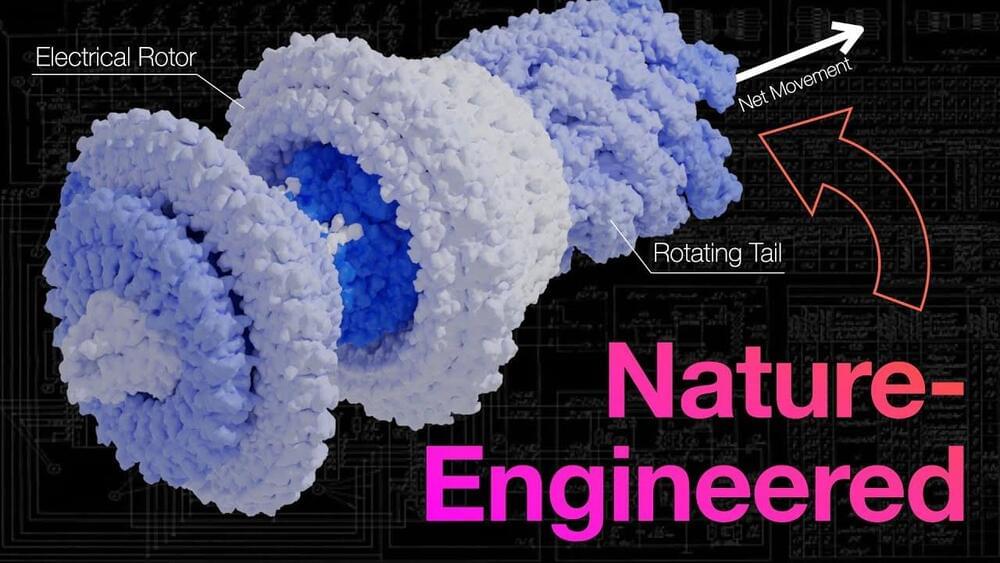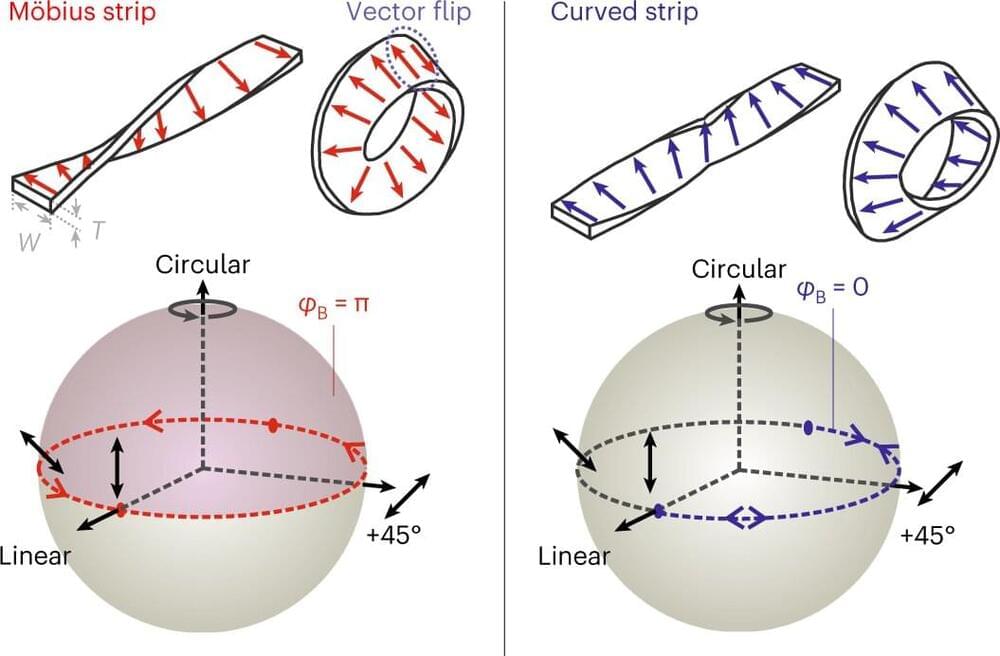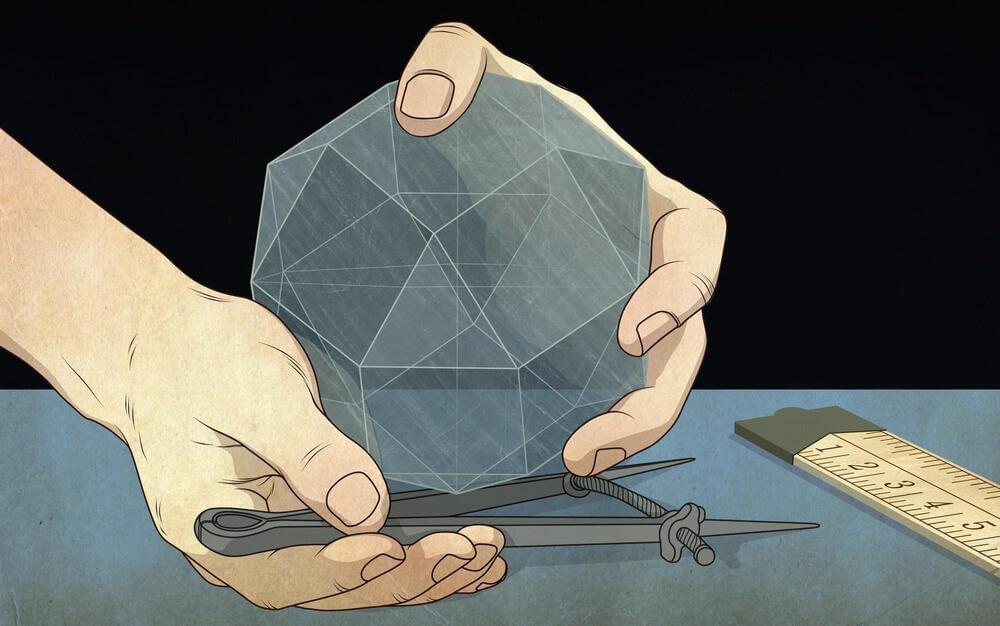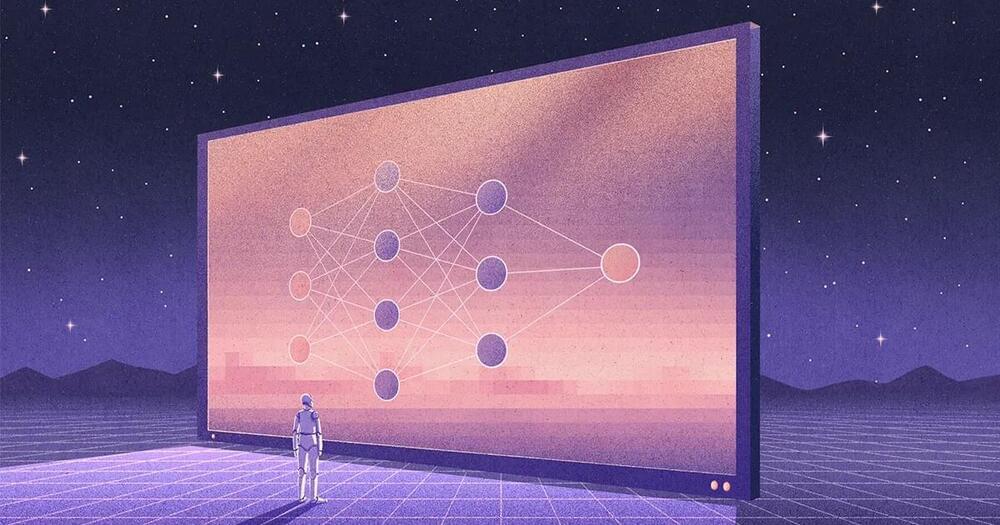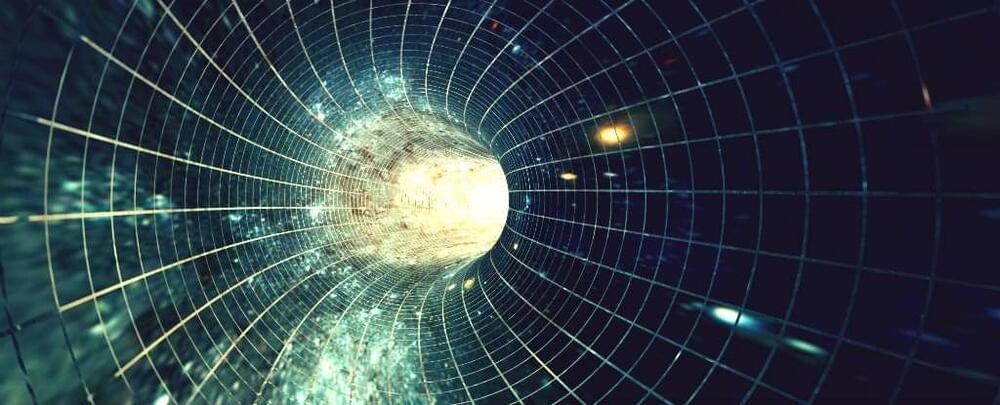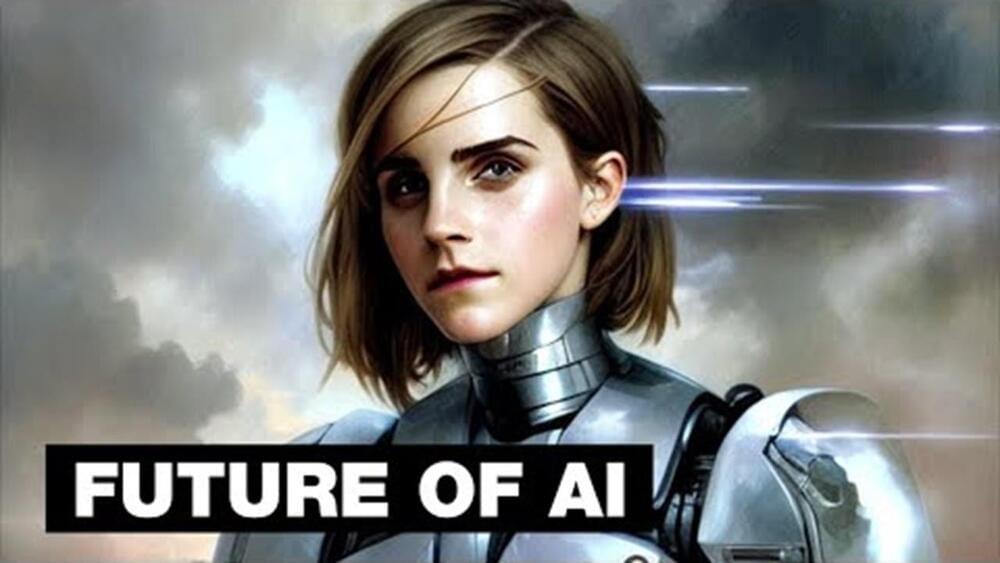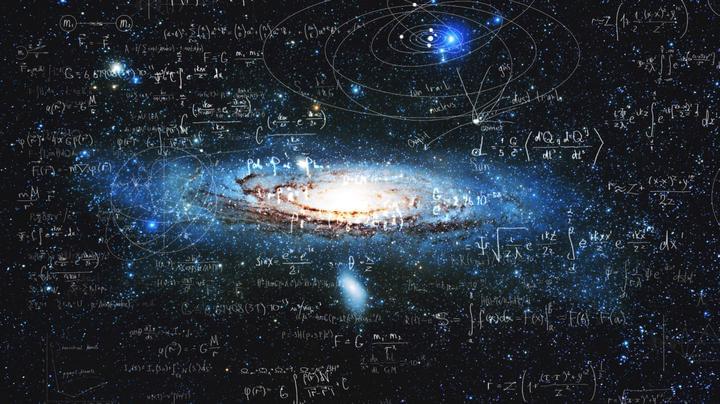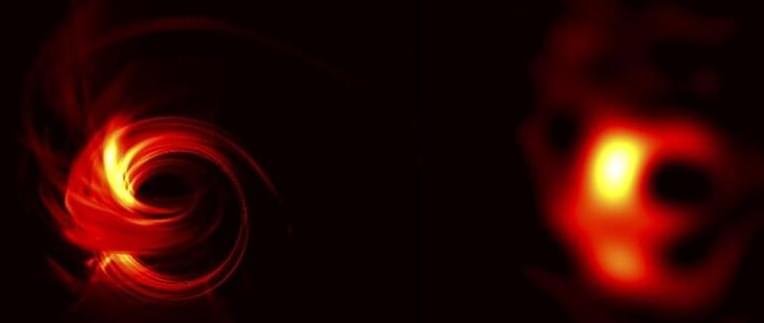Dec 30, 2022
Decoding nature’s masterful engineering using math
Posted by Dan Breeden in categories: bioengineering, biological, mathematics, media & arts
Logic gates in biology can be set up to lead to timing important biological events. How is this done?
Edit: at 4:00, not all pathways make use of this motif. This is just one way timing can happen in biology.
Continue reading “Decoding nature’s masterful engineering using math” »
